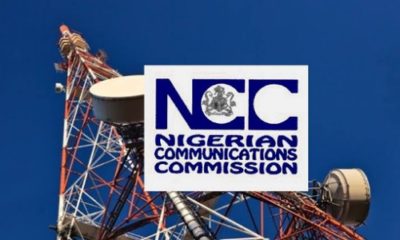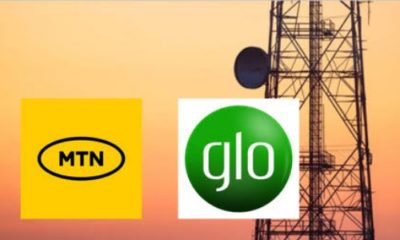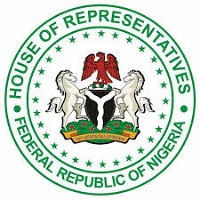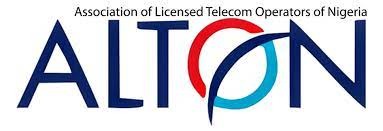Communication
How Telecom Policies Boost Digital Access, Knowledge – Danbatta
The meticulous pursuit of well thought out policies in the telecommunications sector by the Nigerian Communications Commission (NCC), is said to be the major driver of citizens’ access to digital resources, as well as the transformation of the production of media and knowledge.
This was contained in a statement by the Commission, where it also claimed that its efforts are yielding a positive impact on Nigeria’s economic and social development.
Executive Vice Chairman, Prof. Umar Danbatta took the position in his keynote address at a two-day International Conference of the Association of Media and Communication Researchers of Nigeria (AMCRON), which ended at the weekend.
Represented by Director, Research and Development, NCC, Ismail Adedigba, the EVC spoke on the theme, “Influence of Communication Policies on Digital Revolution in Nigeria”.
Danbatta stated that communication policies are essentially blueprints and strategies, marked by plans for the development of Information and Communication Technology (ICT) in a way that nudges people to harness opportunities of the Fourth Industrial Revolution (4IR) through the embrace of digital culture across sectors by individual, businesses and institutions.
According to him, through diligent implementation of telecommunication policies, which have triggered digital revolution, the media and entire field of mass communication have been impacted through innovations that have revolutionised production and consumption of mass communication contents, and that make communication easily accessible, more affordable and exchanges faster.
He traced the trajectory of growth in the telecoms industry from 1960 till date, and noted that the past decades witnessed formulation of various policies and laws for developing the industry but remarkable growth in the sector started after the sector’s liberalization in 2001.
In addition, he averred that through diligent implementation of policies, vision plans and strategic regulatory frameworks by the NCC, in collaboration with relevant stakeholders in the industry, there is increased access to digital services and the media industry is being shaped in terms of patterns of information dissemination through multiple platforms while digital revolution has revealed a new vista of research areas for scholars in the field of mass communication.
He said, “Today, the active telecom subscribers have grown significantly to 212.2 million from about 400,000 aggregate telephone lines in the country as of 2000, on the eve of liberalisation.
“This represents a teledensity of 111 per cent. Basic Internet subscriptions grew from zero ground to 152.7 million now, while broadband subscriptions stand at over 86 million, representing a 45.09 per cent penetration as of July 2022.
“The industry has also become a major contributor to our national economy with the Information and Communication Technology (ICT) industry contributing 18.94 per cent to the nation’s Gross Domestic Product (GDP) as of the second quarter of 2022, according to the latest data released by the National Bureau of Statistics (NBS). From this, the telecommunications sector alone contributed 15 per cent to GDP.
“The ICT contribution to GDP is, by far, the second largest contributor to the national economy aside from the agriculture sector. From less than $500 million investment in 2001, the investment profile in the nation’s telecommunications sector has also surpassed $70 billion. The telecommunication sector has also created direct and indirect jobs for millions of Nigerians to date.”
He is optimistic that just as the liberalisation policies have worked quantifiably for Nigeria’s progress, yielding exponential results, the Commission is committed to the implementation of the various extant economic recovery plans, digital economy policies, the national broadband plan as well as strategic management plans which have been streamlined in NCC Strategic Vision Plans.
The EVC promised that the NCC will continue to ensure more quantum leap and retain its current leadership role in the telecommunications space to lead Nigeria into the next level of development.
Communication
Nigeria’s Telecom Market Eyes $11.43bn Value By 2029

In a significant market projection, Mordor Intelligence predicts that the Nigerian telecom sector is set to surge to a value of $11.43 billion by 2029.
The report anticipates a steady growth trajectory with a cumulative average growth rate (CAGR) of 4.70% between 2024 and 2029, based on the current market value of $9.09 billion.
The transformation of Nigeria’s telecom landscape, fueled by government initiatives to boost internet infrastructure and broadband connectivity, coupled with rising data consumption, 5G deployments, and innovative strategies from major telecom players, is expected to drive this substantial market expansion.
The report underscores additional factors propelling the growth of Nigeria’s telecom sector, emphasizing the surge in smartphone adoption.
the report said “Increased smartphone adoption in Nigeria has fueled the development of a dynamic digital services sector. Currently, millions of Nigerians use mobile apps, including social networking sites, e-commerce, and financial services.
“These apps could leverage smartphones’ capabilities to offer speed, convenience, and efficiency, encouraging more people to invest in smartphones.
“In addition to these expansions and collaborations, the growing adoption of digital technologies and government support in aiding the same alongside the 5G technology implementation across the country is analyzed to boost the demand for telecom towers significantly.”
“In addition to these expansions and collaborations, the growing adoption of digital technologies and government support in aiding the same alongside the 5G technology implementation across the country is analyzed to boost the demand for telecom towers significantly.”
Mordor Intelligence highlights that the flourishing e-commerce and digital service platforms in Nigeria are significant drivers behind the escalating demand for dependable telecom services in the country.
Communication
MTN Set To Partially Disconnect Glo Network

The Nigerian Communications Commission (NCC) has granted MTN’s request to partially disconnect Globacom (Glo) from its network owing to unsettled interconnect charges.
Reuben Muoka, the NCC’s Director of Public Affairs, disclosed this in a document named ‘Pre-Disconnection Notice’ on Monday.
The move follows Glo’s persistent failure to clear its outstanding debts despite multiple attempts to resolve the issue.
Under this partial disconnection, Globacom subscribers will solely receive calls from MTN users, while retaining access to other network services like outgoing calls to other networks and data services.
However, they won’t be able to initiate calls to MTN users during this period.
The statement read, “All subscribers are, therefore requested to take notice that the Commission has approved the Partial Disconnection of Globacom to MTN in accordance with Section 100 of the Nigerian Communications Act, 2003 and Paragraph 9 of the Guidelines on Procedure for Granting Approval to Disconnect Telecommunications Operators, 2012.
“At the expiration of 10 days from January 8, 2024, subscribers of Globacom will no longer be able to make calls to MTN but will be able to receive calls.
“The Partial Disconnection, however, will allow in-bound calls to the Globacom network,” it added
Communication
Despite Hardship Nigerians Spent N3.33tn On Calls, Data In 2022
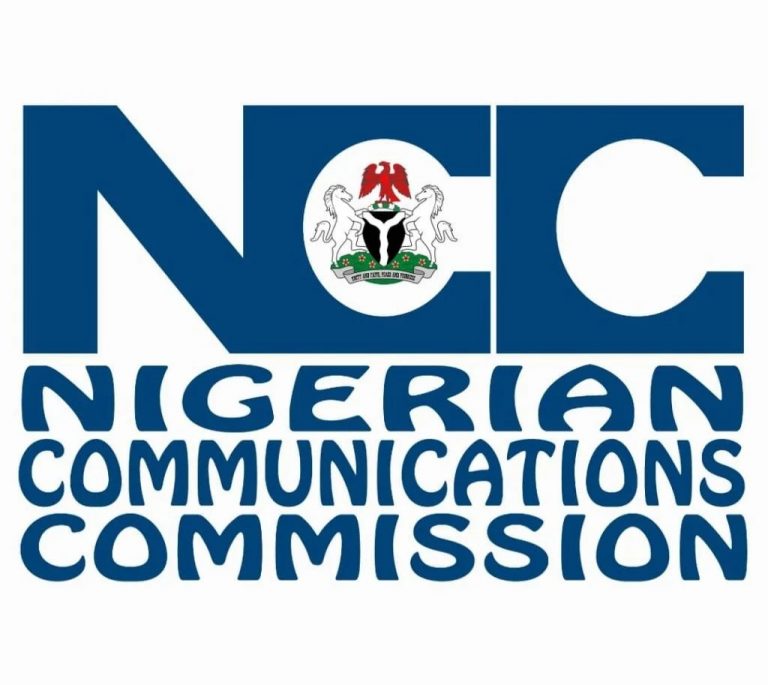
Nigerian telecommunication users, along with others within the country, expended a total of N3.33 trillion on various telecom services such as calls, data, SMS, and more throughout 2022, according to the Nigerian Communications Commission (NCC).
This information comes from the recently published ‘2022 Subscriber/Network Data Annual Report’ by the NCC, which also revealed that telecom companies generated N3.33 trillion in overall revenue for that year.
The report further highlights a noteworthy growth of active voice subscriptions, rising from 195,463,898 subscriptions in 2021 to 222,571,568 by December 2022, marking a 13.86% year-on-year increase.
Commenting on the increase, it said, “The increase in the Operators’ subscriber base was attributed to a number of reasons which includes subscriber loyalty, promos, seasonal effects, aggressive consumer acquisition drive, and competitive product offerings across all the networks.”
It noted that the growth in active subscriptions impacted positively on other derived telecom indicators such as teledensity, Internet penetration as well as broadband penetration.
Data usage also continued its surge in 2022. It increased by 46.77 per cent to 518,381.78TB as of the end of the year.
The NCC stated, “There was an increase in the volume of data consumed at the year-end December 2022 when compared with the year-end December 2021.
“The total volume of data consumed by subscribers increased to 518,381.78TB as of December 2022 from 353,118.89TB as of December 2021. This represents an increase of 46.77 per cent in data consumption within the period.”

